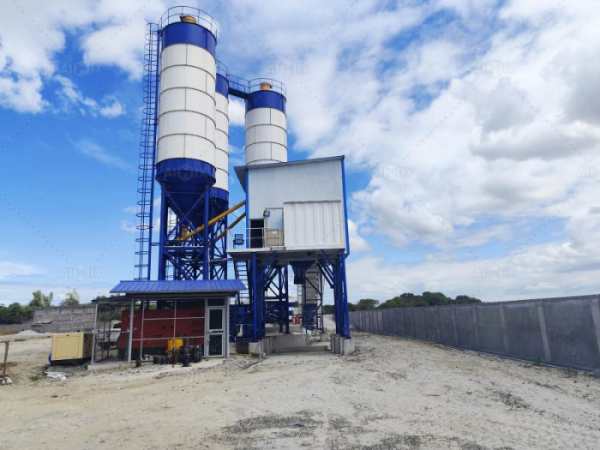


Sustainable tech innovations are transforming ready mix concrete batching plants into greener, smarter, and more efficient systems.
In the modern construction industry, sustainability is no longer an option—it’s a necessity. Ready mix concrete batching plants, as crucial components of large-scale infrastructure and building projects, are under increasing pressure to reduce their environmental impact. Fortunately, advancements in green technology are transforming how these plants operate, making them more energy-efficient, resource-conscious, and eco-friendly.
Traditional batching plants consume a significant amount of energy during the mixing and material handling process. Modern plants are now integrating energy-efficient motors, variable frequency drives (VFDs), and intelligent power management systems to reduce electricity usage without compromising output. These technologies not only lower operational costs but also contribute to reduced greenhouse gas emissions over the plant’s lifecycle.
Water usage is a major concern in concrete production. Next-generation ready mix concrete batching plants are adopting closed-loop water recycling systems that collect and treat wash water from truck mixers and plant processes. This allows water to be reused in subsequent batches, significantly reducing freshwater consumption and minimizing wastewater discharge.
One of the key environmental challenges of batching plants is the emission of dust and fine particles during material transfer and mixing. Sustainable plants now incorporate enclosed conveyor belts, dust collection filters, and misting systems to suppress airborne particles. Additionally, low-emission cement silos and automated material loading further reduce fugitive dust and improve air quality around the facility.
Automation not only boosts productivity but also improves sustainability. Intelligent control systems can optimize mix proportions, reduce material waste, and ensure consistent quality with minimal human intervention. Real-time monitoring platforms allow operators to track energy usage, carbon footprint, and water consumption, enabling data-driven adjustments for greener operations.
Many sustainable batching plants now support the use of alternative and recycled materials, such as fly ash, slag, or recycled aggregates, in concrete production. These substitutes reduce reliance on virgin raw materials, cut CO₂ emissions from cement production, and support the circular economy in the construction sector.
The move toward mobile and modular ready mix concrete mixing plants also contributes to sustainability. These plants can be assembled quickly at or near job sites, reducing transportation emissions and allowing for on-demand production with less material waste.
Sustainable technology is reshaping the future of ready mix concrete batching plants. From energy efficiency and water recycling to digital control and material innovation, every aspect of the production process is being reimagined with environmental responsibility in mind. For companies looking to reduce their carbon footprint while maintaining high output and consistent quality, investing in next-generation, eco-friendly batching plant solutions is a smart, future-proof decision.
